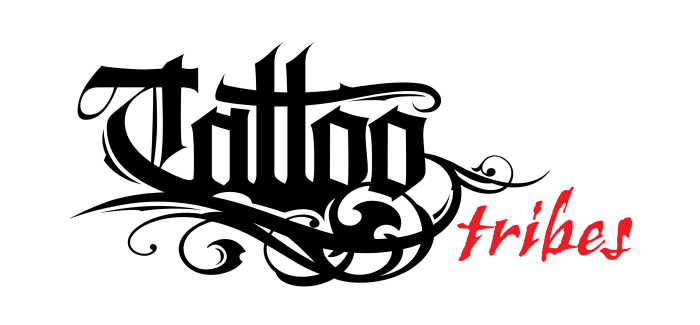
Enata, enana: (Marquesan) person, people.
Enata is the general Marquesan term for symbols representing people. The symbol's specific form and arrangement can greatly alter its meaning, distinguishing between ordinary people, warriors, and even gods.
Variants by Posture and Rank
The characteristics of the arms and legs in the enata figure dictate the rank and type of person or entity being represented:

- Version A (Simple): Arms and legs are simple shapes (squares/rectangles) directly attached to the body with no space. This is the common way to represent ordinary people.
- Version B (Defined): There is space and definition between the body and the independent legs. This usually indicates a warrior or hero, often associated with legendary figures like Kena and Pohu.
- Version C (Bent Legs): The legs are bent, symbolizing a sitting person. This form usually represents an etua (divinity) or a deified ancestor.
For heroes, whose core trait is strength, some enata variants (like those associated with Kena) simplify the figure by only showing the arms and legs, or the trunk and arms.

The Trunk and Mana
The trunk (torso) is highly significant in Polynesian cultures, as the stomach was traditionally considered the center of a person's mana (vital energy, power, authority, prestige). This belief was shared across the Pacific, highlighting the importance of the torso in enata representation.
Ani Ata: Ancestors and the Sky
A very simplified form of enata is often used in repeating patterns where the figures are joined by their uplifted hands:

This motif is known as ani ata, meaning "cloudy sky." It represents ancestors and the sky, drawing from the creation legend where the children of Earth and Sky joined hands to push their father (Sky) up, bringing light to the world for humanity to see and prosper.
Compositions and Group Meanings
Beyond individual representation, enata are frequently used in patterns to express relationships and status:
There are several variants of the symbol, some as individual elements:

and some as patterns made from repetition:

- Couple/Marriage: Two enata mirrored horizontally usually represent a couple or a marriage.
- Family: Varying sizes of enata can represent different members of a family (e.g., parents and children).
- Defeated Enemies: Placing the enata symbols upside down represents defeated enemies or opponents.

Usage Examples
A group of enata representing a family. The two mirrored enata symbolize the parents, with three smaller enata below them representing their three children:
The aniata motif, symbolizing the sky and ancestors, is used here to enclose an ipu (gourd) which in this context holds "good winds":
An enata symbol holding a spear above its head to specifically represent a warrior:
A pattern of several upside-down enata symbols represents defeated enemies:
You can click on the photos to read the full description of each tattoo on TattooTribes.





